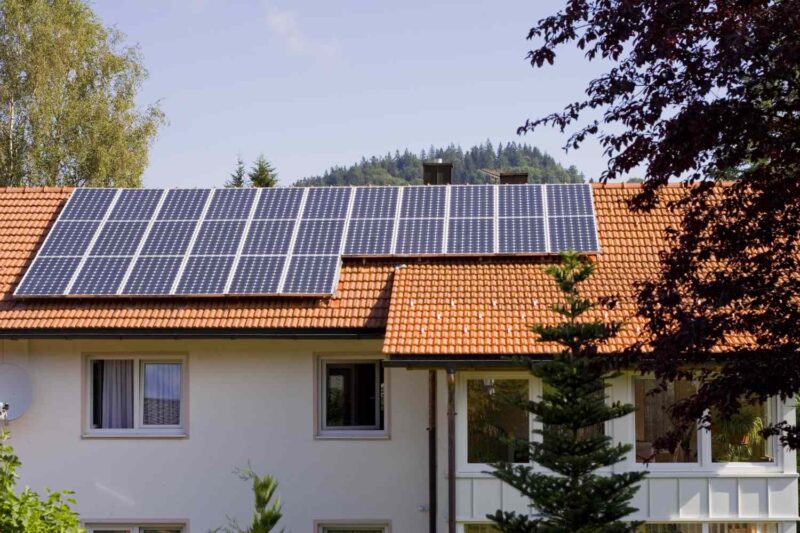Solar energy is a vital resource for modern homes, especially for those looking to live independently from traditional power grids. The advantages of adopting solar energy extend beyond simple utility savings.
For off-grid homes, this energy provides a reliable and environmentally friendly power source that supports sustainable living. Off-grid systems harness solar power to generate electricity, allowing homeowners to live comfortably without relying on external power sources.
We will explore the numerous benefits of this energy for off-grid homes, focusing on its reliability, cost-effectiveness, ease of installation, suitability for rural areas, and environmental advantages. By the end of this discussion, you will see why switching to solar panels could be a beneficial move for off-grid living.
Reliable Power Supply
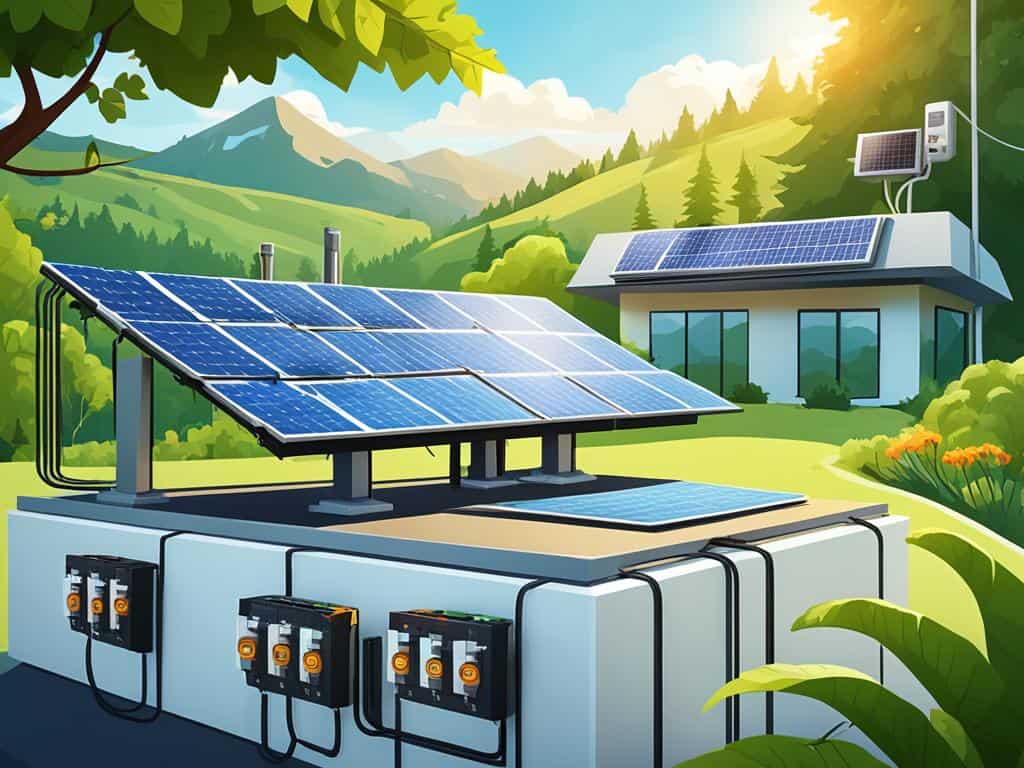
One of the most significant benefits of using solar energy for off-grid homes is the reliable power supply it offers. Unlike grid-tied systems that can be affected by power outages, off-grid solar systems provide consistent electricity as long as there is sunlight. This independence from the traditional power grid means that homeowners do not experience interruptions caused by storms, maintenance issues, or other grid-related problems.
Solar panels convert sunlight into electricity, which is stored in batteries for use during cloudy days or at night. This setup ensures that off-grid homes have a continuous power supply, making it ideal for areas prone to frequent power outages.
Cost-Effectiveness
While the initial investment in an off-grid energy system can be substantial, the long-term savings are significant. Traditional energy sources like petroleum, coal, and natural gas are becoming increasingly expensive as resources deplete. Solar energy, on the other hand, harnesses a free and renewable resource—the sun.
Once the solar panels, batteries, and other necessary equipment are installed, the ongoing costs are minimal. There are no monthly electricity bills to worry about, and maintenance costs are relatively low.
Over time, the savings on energy bills can offset the initial installation costs, making it a cost-effective solution for off-grid living.
Ease of Installation
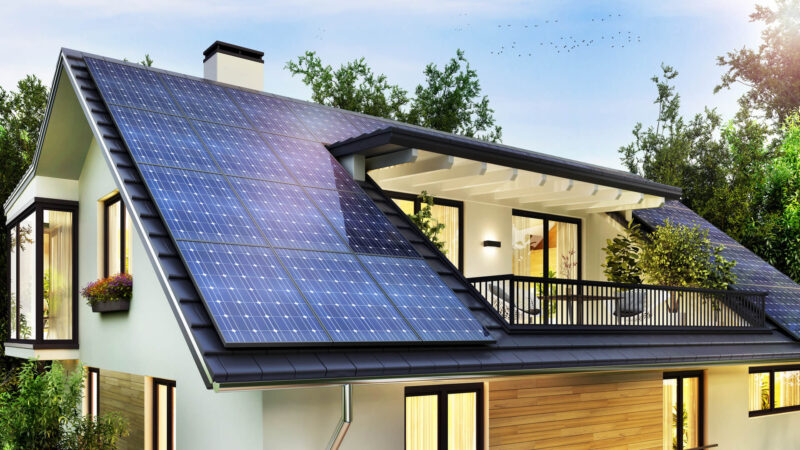
Installing an off-grid solar energy system is simpler than it might seem. While some homeowners may opt to hire professionals for the installation, it is also possible to set up the system independently with the right tools and knowledge. Off-grid solar systems do not require extensive infrastructure like grid-tied systems do. There is no need for trenching or connecting to existing power lines, which can be both costly and time-consuming. This simplicity makes solar energy an attractive option for those looking to set up power in remote or undeveloped areas.
Ideal for Rural Areas
Off-grid solar energy systems are particularly beneficial for rural and remote areas where connecting to the main electrical grid can be challenging and expensive. Many rural areas lack the infrastructure needed to support a reliable power supply.
Off-grid systems eliminate the need for such infrastructure, providing an independent and consistent power source. This independence allows residents in remote areas to live comfortably without the limitations and high costs associated with connecting to the traditional power grid.
The ability to generate and store electricity on-site gives these homeowners the freedom to choose their living location without being constrained by the availability of grid power.
Environmental Benefits
Solar energy is one of the cleanest and most sustainable energy sources available. Traditional power generation methods, such as burning fossil fuels, release large amounts of carbon dioxide and other pollutants into the atmosphere.
These emissions contribute to climate change and air pollution, posing significant environmental and health risks. In contrast, solar energy systems produce no harmful emissions.
The power of solar enables off-grid homes to cut down their carbon emissions significantly, which contributes to the fight against climate change. This environmental advantage persuades many homeowners to adopt this energy.
Energy Independence
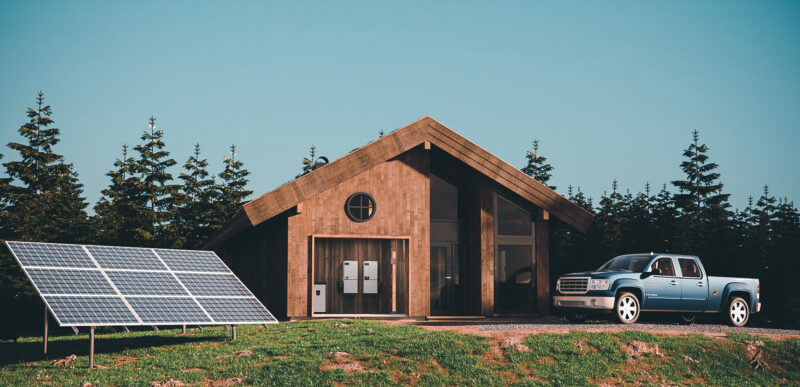
Off-grid solar systems provide complete independence from utility companies. This independence offers a sense of freedom and self-reliance, as homeowners are not subject to the fluctuations and policies of utility providers.
This self-sufficiency is particularly valuable in areas where the power grid is unreliable or where energy costs are high. By generating their own electricity, homeowners can take control of their energy consumption and reduce their dependence on external power sources.
Autonomy is not only practical but also empowering, allowing individuals to make more sustainable choices for their homes and lifestyles.
Sustainability
Sustainability is a key benefit of using this energy for off-grid homes. Solar power is a renewable resource, meaning it will never run out as long as the sun shines. This contrasts sharply with finite fossil fuels, which are rapidly depleting. By switching to solar energy, homeowners contribute to a more sustainable future, reducing the demand for non-renewable energy sources and promoting the use of clean, green energy. This sustainable approach to energy consumption is essential for preserving natural resources and ensuring a healthy planet for future generations.
Advancements in Technology
Technological advancements have made off-grid solar systems more efficient and reliable than ever before. Modern panels are more efficient at converting sunlight into electricity, and battery technology has improved significantly, allowing for better energy storage.
These advancements mean that off-grid solar systems can provide consistent power even in areas with inconsistent sunlight. Innovations in this technology continue to make these systems more accessible and cost-effective, further encouraging their adoption among homeowners.
Flexibility and Scalability
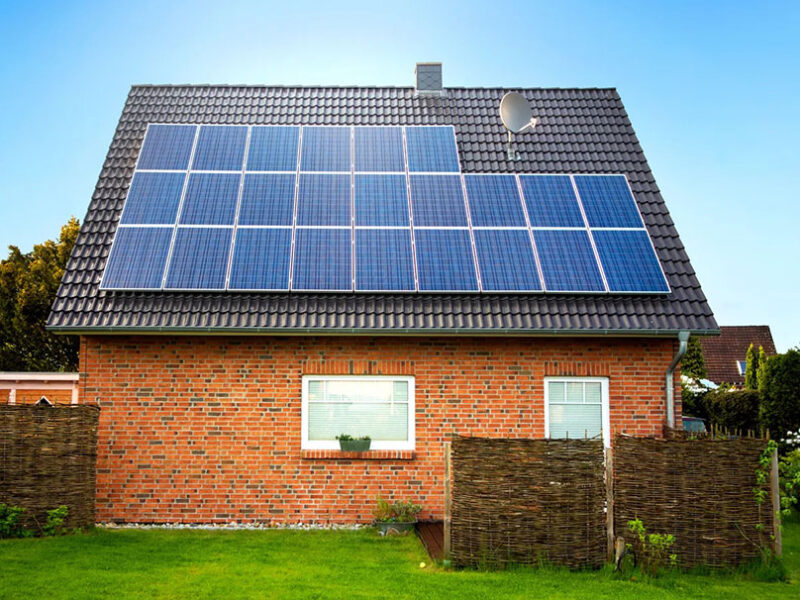
Off-grid solar energy systems offer flexibility and scalability that traditional power systems do not. Homeowners can start with a basic setup and expand their system as needed. This scalability is particularly useful for those on a budget, allowing them to gradually increase their solar capacity as their energy needs grow.
Whether for a small cabin or a large home, off-grid solar systems can be tailored to meet specific energy requirements. This flexibility makes energy a versatile solution for a wide range of applications.
Conclusion
The benefits of solar energy for off-grid homes are numerous and compelling. From reliable power supply and cost-effectiveness to ease of installation and environmental advantages, energy offers a sustainable and practical solution for modern living. Off-grid solar systems provide independence from traditional power grids, making them ideal for rural and remote areas.
As technology continues to advance, these systems become more efficient and accessible, further promoting their adoption. By switching to solar energy, homeowners can enjoy a self-sufficient lifestyle while contributing to a cleaner and more sustainable future.

